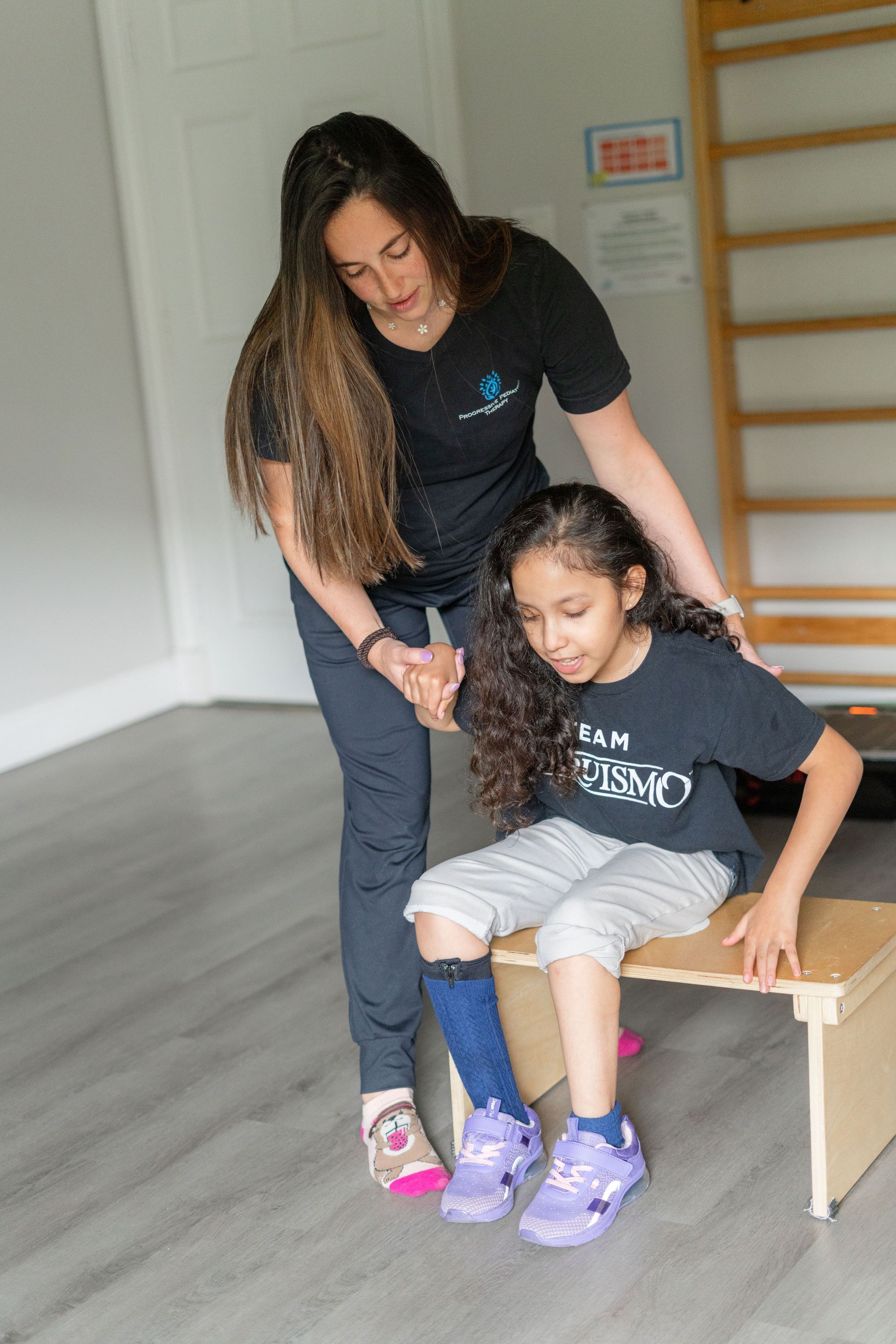Your Clinic
SET A LOCATION
Your Clinic
SET A LOCATION

Every baby’s journey is unique, but for families of premature infants, early development often looks and feels a little different. If your baby was born before 37 weeks of pregnancy, they’re considered “preterm” — and you’re not alone. Nearly 1 in 10 babies worldwide are born prematurely each year.
Premature babies, or preemies, haven’t had as much time to grow in the womb, so their first months outside are focused on catching up. Before mastering new skills, preemies must learn to regulate vital systems like breathing, heart rate, and body temperature — the foundation for future growth.
Understanding how to read your preemie’s cues, support their muscle tone, and track milestones using their corrected age can help you nurture healthy, steady development between healthcare visits.
From day one, babies use sounds, faces, and movements to tell us how they feel. But premature babies may not cry as loudly or as often as full-term newborns because their respiratory systems are still developing. That doesn’t mean they aren’t communicating — they simply “talk” in subtler ways.
Learning to recognize your baby’s body language can make a world of difference. Therapists often group preemie cues into Go, Slow, and Stop signals:
Reading these cues helps parents respond faster, strengthen bonding, and reduce stress for both baby and caregiver.
Many preemies are born with low muscle tone (hypotonia), which can make their bodies feel softer or “floppy.” This occurs because the brain areas that control movement are still maturing.
Low tone can make feeding, head control, and early movements more challenging — but with the right support, babies improve beautifully. Gentle tummy time, massage, and guided play can help strengthen muscles and improve coordination.
Early therapy involvement — such as physical, occupational, or feeding therapy — gives families practical ways to encourage strength and comfort through everyday routines.
Full-term babies spend their last weeks curled up tightly in the womb, building the flexed posture that supports rolling, crawling, and sitting. Preemies often miss some of that time and may rest with straighter arms and legs.
This “extended” positioning is normal for early preemies and can improve through supportive handling. Try these at home:
These small positioning changes encourage balanced development and comfort for your growing baby.
Because preemies are focused on regulating essential systems first, skill development can follow a slightly slower timeline. This is why tracking milestones using corrected age (adjusted for how early your baby was born) is so important.
For example, if your baby is four months old but was born two months early, you should expect four-month milestones around what would have been their two-month corrected age.
Over time, most preemies follow the same developmental pattern as full-term babies — they just need extra time, patience, and guided support to get there.
Your pediatrician and NICU team will track your baby’s growth closely during the first months. Between appointments, parents can use small, purposeful routines to help support development:
If you notice changes in feeding, muscle tone, or alertness, always share these observations with your healthcare team. Early awareness leads to early support.
At Progressive Pediatric Therapy, we understand how uncertain those early months can feel. Our Guiding Growth Milestone Package is designed to give parents peace of mind and expert developmental guidance from the very start.
This three-session program includes:
Our approach is play-based, family-centered, and grounded in evidence-based pediatric care. Every visit focuses on celebrating progress, building confidence, and empowering parents to understand their baby’s cues and strengths.
Premature birth can feel overwhelming, but early, consistent check-ins can help ensure your baby’s development stays on track. With the right guidance and nurturing, preemies grow stronger every day — often surpassing expectations.
Whether your child was born early or you simply want reassurance about their development, our Guiding Growth team is here to support your family through every stage.
Empower your parenting journey. Support your baby’s growth with confidence.
Book a Guiding Growth Session Today or learn more about our Parent Coaching and Developmental Consult programs at Progressive Pediatric Therapy.









We empower children, families, and the community to learn, grow, and celebrate every child's unique abilities.
Quick Links
Contact Details
Phone: 561-376-2573 | 561-918-0190
Fax: 561-218-4939
VIP Concierge: 561-717-1764
Clinic Locations
All Rights Reserved | Progressive Pediatric Therapy, Inc. | Privacy Policy | Terms of Service
Site by Spearlance